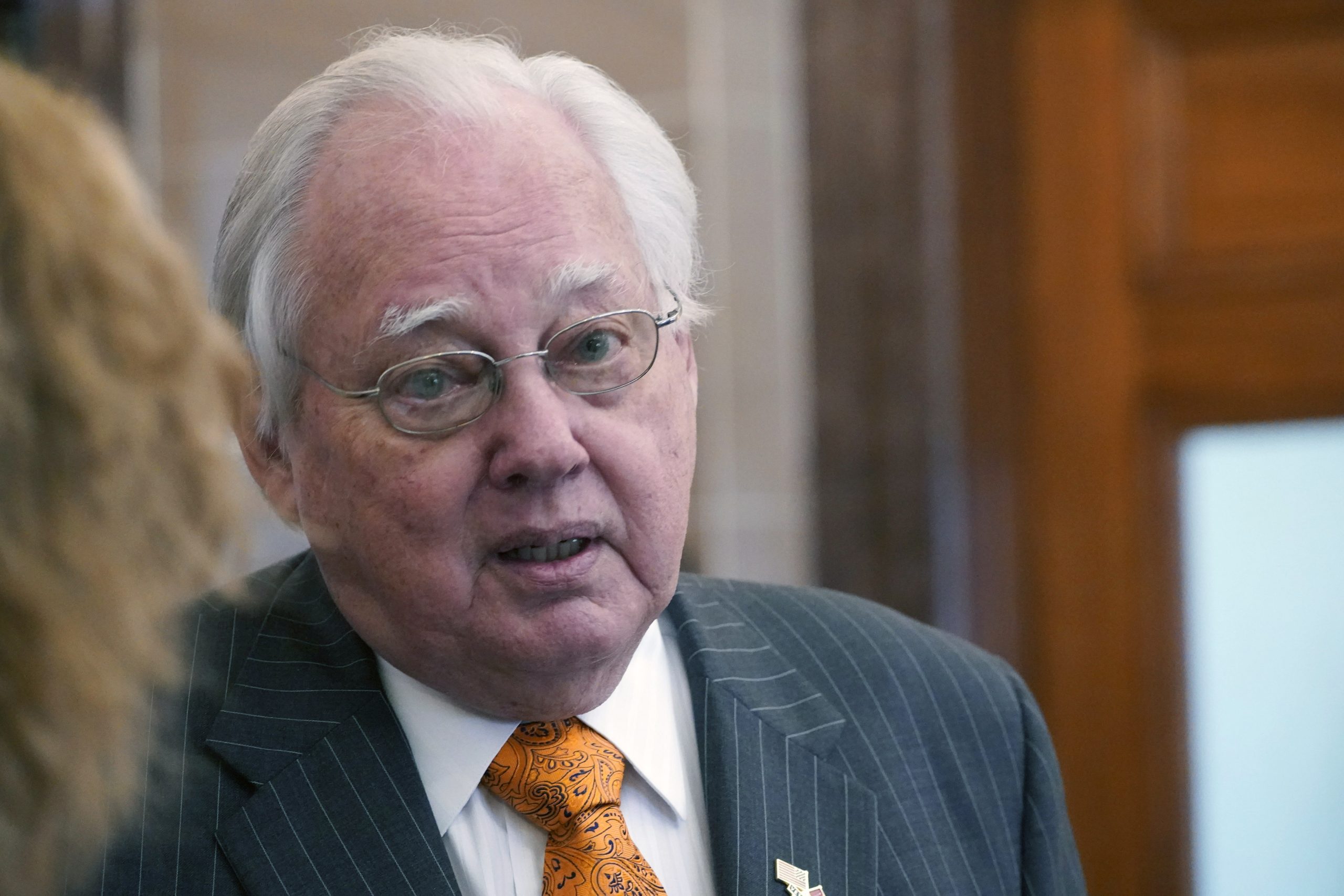Efforts to expand Mississippi’s state financial aid programs to adult and part-time students could be at a standstill after the House failed to pass a bill to do so by a key deadline, due largely to the price tag.
Earlier this week, the Senate moved to keep the possibility of changes alive by inserting code sections pertaining to the Mississippi Resident Tuition Assistance Grant into legislation that provides financial assistance to teachers in critical shortage areas.
This move could send the bill to conference, potentially reviving the financial aid proposal. But whatever changes come out of conference could likely wind up looking very different from the proposal championed by the Mississippi Office of Student Financial Aid and Jennifer Rogers, its director.
“You ever heard of the bird Phoenix?” asked House Appropriations Chairman John Read, R-Gautier, who let the Senate financial aid bill die in his committee. “Rises from its ashes? Sometimes that happens.”
The original proposal would have doubled the award amounts under MTAG and expanded who is eligible for the program to include adult and low-income students, the latter of which, by law, has been barred from receiving the grant. While college students from millionaire families can get MTAG, the state’s poorest students are not eligible, Mississippi Today previously reported.
It also would have created a last-dollar scholarship program for community college students, a priority of the lieutenant governor’s.
All told, an estimated 37,000 students would benefit, according to OSFA, which would result in the state of Mississippi spending upwards of $30 million extra each year. The existing programs cost the state roughly $50 million a year.

“Every single lawmaker in the state Legislature could go back to their constituents and say, ‘we made college more affordable for the state of Mississippi,’” Rogers said. “That’s a win. That’s doing something.”
Rogers added the existing program has problems: It excludes students who need help paying for college, and it covers far less in tuition than it did when it was created in the 1990s.
“The expansion proposal addresses every single one of those issues,” she said.
But it may prove too costly for lawmakers. House Universities and Colleges Chairman Rep. Donnie Scoggin, R-Ellisville, said that, after he heard from House Appropriations that the bill was too expensive, his committee passed a strike-all amendment to gut the bill and reduce its cost to $3 million.
The strike-all amendment is not online, but Scoggin said it would have created a scholarship to cover expenses after state, federal and institutional aid for community college students pursuing certain career-technical education programs determined by the state’s Office of Workforce Development.
“It was either gonna die, or we had to make changes,” Scoggin said.
The strike-all amendment is inexpensive, because few students would benefit, but Rogers said she would support a last-dollar scholarship program if it was part of a larger strategy to improve college affordability.
Ultimately, Read said he was concerned the cost of the programs could balloon. He added he hadn’t seen estimates on the number of students that would benefit because he had not spoken to Rogers, though other committee members had.
“Show me one person who’s gotten elected that doesn’t want to help little children, fresh water, education,” Read said. “That’s why we’re up here. There’s a thing called money that we have to deal with, sometimes it’s short.”
On the Senate floor earlier this week, Sen. Nicole Boyd, R-Oxford, said the purpose of amending House Bill 765 to include the MTAG code sections was to revisit the proposal that came out of the House committee.
After fielding a question from Sen. Angela Burks Hill, R-Picayune, Boyd stated it was not her intention to limit MTAG so existing recipients no longer qualify, something past proposals have sought to do.
Depending on this sessions’ outcome, Rogers, who has been trying to revamp MTAG since 2018, could be back to the drawing board. Her push comes as higher education agencies and nonprofits across Mississippi are working to improve the state’s educational attainment rate, a measure of the population that has a college degree or equivalent credential.
Increasing that, Rogers said, entails providing more financial aid to students whose families can’t afford to pay for college on their own.
“Employers are clamoring for a better educated workforce, people to fill their jobs, and our communities need it,” she said. “Our communities in Mississippi cannot thrive if we do not have technicians to fix our air conditioner in our hot summers, teachers to teach our children, doctors to deliver our babies, to take care of our sick and elderly.”
Rogers drew a parallel between state financial aid and the economic development projects that lawmakers funded earlier this session, and cited a recent study that found for every 1% increase in educational attainment, the state could save $21 million in reduced social services. The study was commissioned by the Woodward Hines Education Foundation.
“I would argue that first of all, state aid is not an expense, it is an investment in the workforce,” Rogers said. “Lawmakers don’t think twice about spending tens or hundreds of millions to attract large companies to the state, because they view it as an investment with expected future returns. State aid is no different.”
Woodward Hines Education Foundation is a donor to Mississippi Today.

